Do Cats Have a Favorite Person?

There are two kinds of people in the world - cat people and dog people. While some may straddle the line between liking both, in those that have strong opinions is almost always skews one way or the other. And those opinions come with stereotypes.
Dog people are usually seen as more friendly and outgoing (think: golden retriever puppy), while cat people are generally assumed to be more introverted and aloof. While those stereotypes may not fit for people, they do often fit for the animals they represent.
This is especially true for cats. Cats aren’t nearly as outgoing and social as dogs (there are exceptions, of course), which can lead to a lot of misconceptions and confusions when it comes to their behaviors. Even longtime cat owners wonder if their cat even really likes them, or just puts up with them because they are a source of food and pets (when they want them, of course).
In this article, we hope to clear up some of those myths, including whether we really are our cat’s favorite person.
Why Are Cats So Different Than Dogs?
As much as we often wish our cats could be the same, chill, hangout buddies that our dogs are, even cats that we’ve cohabited with for years can be aloof and uninterested in us much of the time. But what makes their behavior so different from their canine “siblings?”
There are actually quite a few differences between the two!
Most of these personality differences have to do with simple biology. On an evolutionary level, dogs have always been pack animals. That’s why they thrive on being near us. To be alone is to be separated from their pack, which causes them some pretty serious biological stress. Cats, on the other hand, have always been solitary animals. They hunt alone, they often live alone, and biologically they just don’t really “need” us.
It also comes down to the fact that cats, much like Count Dracula, are nocturnal animals (which explains why they are often up all night, meowing and messing with stuff), where dogs are not. Dogs' sleep cycles tend to coincide with ours a lot more, which is why they tend to socialize with us more than cats do.
Do Cats Actually “Like” Us?
While there isn’t an official cat ambassador we can ask, there have been plenty of studies on the subject that show that cats definitely form strong bonds with some of the humans in their lives. Most cats actually prefer to interact with their person, even more than playing or eating. That’s high praise! It’s also been shown that cats will alter their behavior in relation to how much attention they are getting from a person. They are even sensitive to our moods and emotions.
The strongest proof of this bond comes from a study by Dr. Kristyn Vitale, who is an animal behavior scientist and researcher at Oregon State University. Adapting a research study performed with human infants, human-cat (or kitten) pairs were placed in an unfamiliar room for two minutes. After that time, the humans left the room for two minutes. Once they came back into the room, their cat’s reaction was observed.
Around two-thirds of the cats immediately greeted their owners when they re-entered the room. After that, they went on to explore the room more confidently. This shows that they see their human as a source of comfort and security, which is a major part of what makes the human-cat bond so strong. It is also about the same amount of dogs and infants that did the same thing, which shows maybe they don’t bond so differently after all.
To make matters even more adorable, one last fun piece of cat trivia is that the vast majority of the bonding behaviors that our cats show us are actually derived from the biological mother-kitten relationship. A perfect example of this is how they “make muffins,” or knead us when they’re laying on us and content. The reason that they do this is in their DNA - kneading stimulated their mother’s milk production when they were kittens. They knead to show that they are comfortable with us. Pretty cute, right?
Do Cats Have a Favorite Person?
Ok, so now that we understand cats a little better, let’s answer the question you’ve all been waiting for. Do cats have a favorite person?
If we take a look at all of the information out there, including how much more cats bond with humans than it appears they do, the answer to that question will likely always be a solid “it’s impossible to tell.”
“Favorite” is a human term, like BFF. It’s not a concept that happens in the animal world. While you likely have a much stronger bond with your cat than your next door neighbor would if they came over, that doesn’t necessarily mean that you’re their “favorite.” However, the good news is, you also can’t really prove that you’re not! No one else has the bond that you have with your cat, which sounds like you’re their favorite to us. Don’t let anyone try to tell you otherwise!
How To Bond With a Cat
Even if you are close with your cat, there are always ways that the two of you can become closer. Here are a few tips from the professionals on how to increase the bond you already share.
- Give them their space - No matter how excited you are, make sure you’re still going slow and giving your cat their space. It’s hard not to push your human enthusiasm on them, but that’s just not how cats work. It may be good to even provide them with a physical “safety space” that they can go when they really want to be alone. If they’re there, don’t mess with them (we know this is hard!).
- Let your cat come to you - Similar to giving them space, letting your cat come to you is one of the best things you can do to increase your bond. If you let them decide when they want to spend time with you, it will make them feel more safe and closer to you.
- Use positive reinforcement - Always have a way to positively reinforce your cat seeking you out. This can be treats or toys, depending on how your cat is motivated. A great suggestion is a laser pointer, because your cat will have fun in your presence but not know you’re the one doing it. They’ll just know that being around you is exciting, which will encourage them to do it more often.
- Learn their body language - Every cat is different, so take the time to study your cat and learn their specific body language. Generally speaking, cats tend to “talk” with their tails, so pay plenty of attention to it. Tail position (upright = happy, level/down = unsure) and how they move it (fast moving = angry, slow swish = annoyed or ready to pounce) are great things to focus on.
With more than 80 million pet cats in homes in the United States, they outnumber pet dogs three to one. But that doesn’t mean we understand them, and research on their behavior has lagged far behind research done with dogs (favoritism, much?). However, in most cases, even cats we’ve lived with our entire lives can be very difficult to read.
We hope we at least made some of their behavior a little less hazy. It won’t make your cat any different, but understanding them more is a good step in forming a closer bond, on their terms. Cats are great, and it doesn’t take a cat person to appreciate that.
Sources:
https://www.hillspet.com/pet-care/resources/differences-between-cats-and-dogshttps://www.nytimes.com/2019/09/24/science/cats-humans-bonding.html
https://www.nationalgeographic.com/news/2014/1/140127-cats-pets-animals-nation-dogs-people-science/#close
https://www.petmd.com/cat/slideshows/6-surefire-ways-bond-your-cat





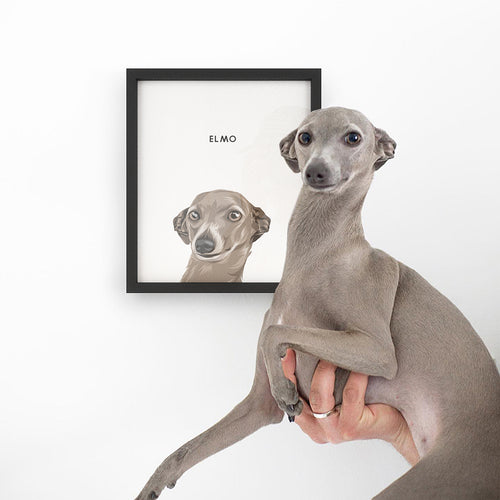





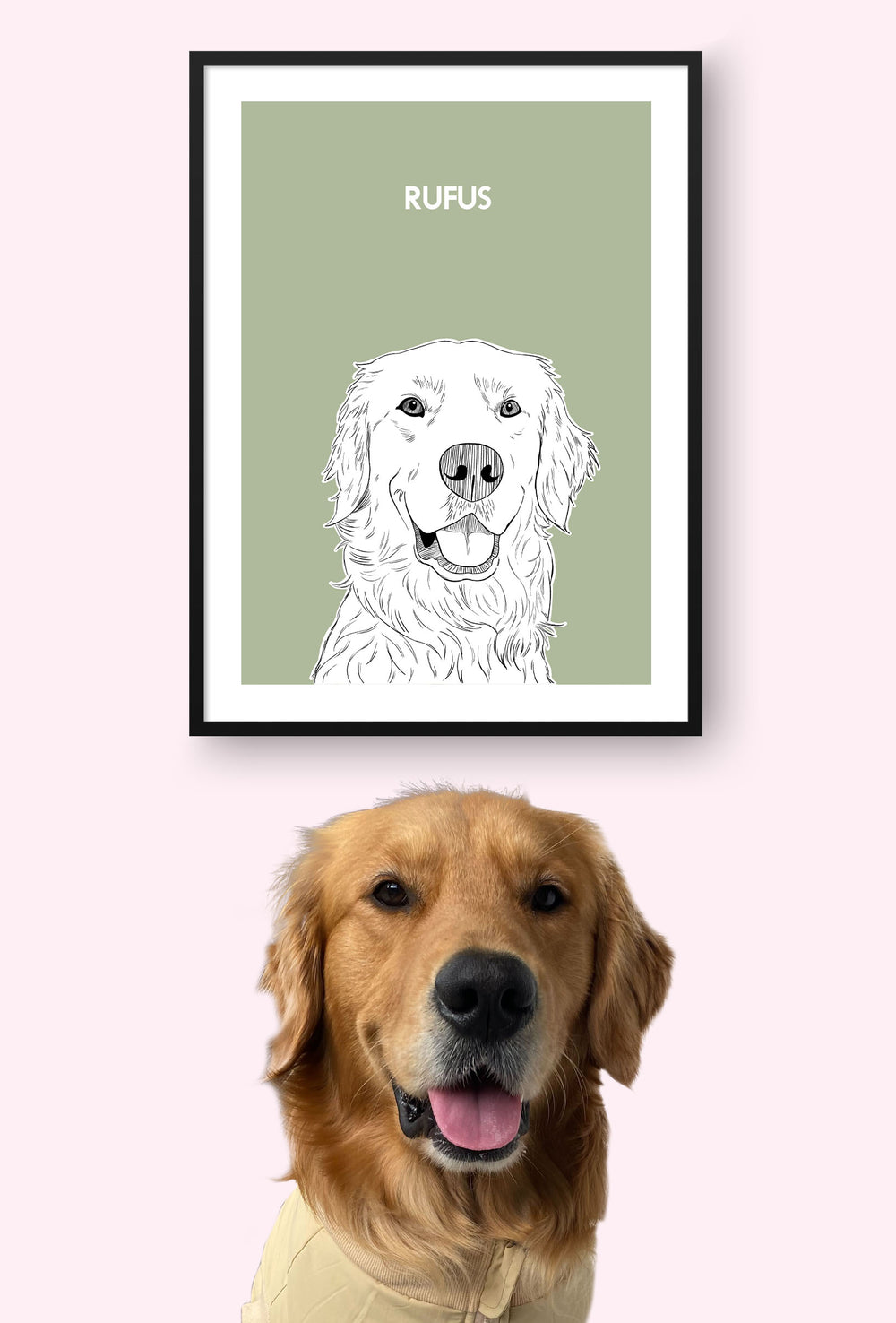


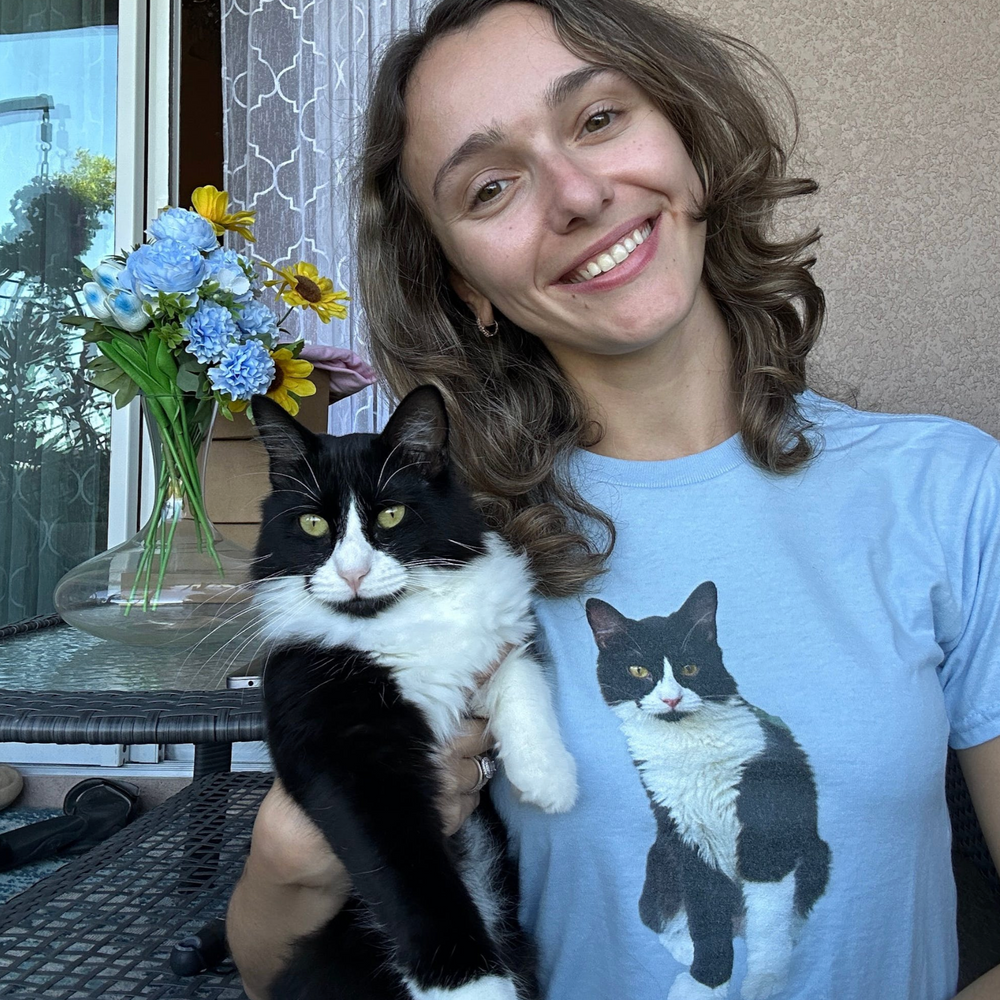

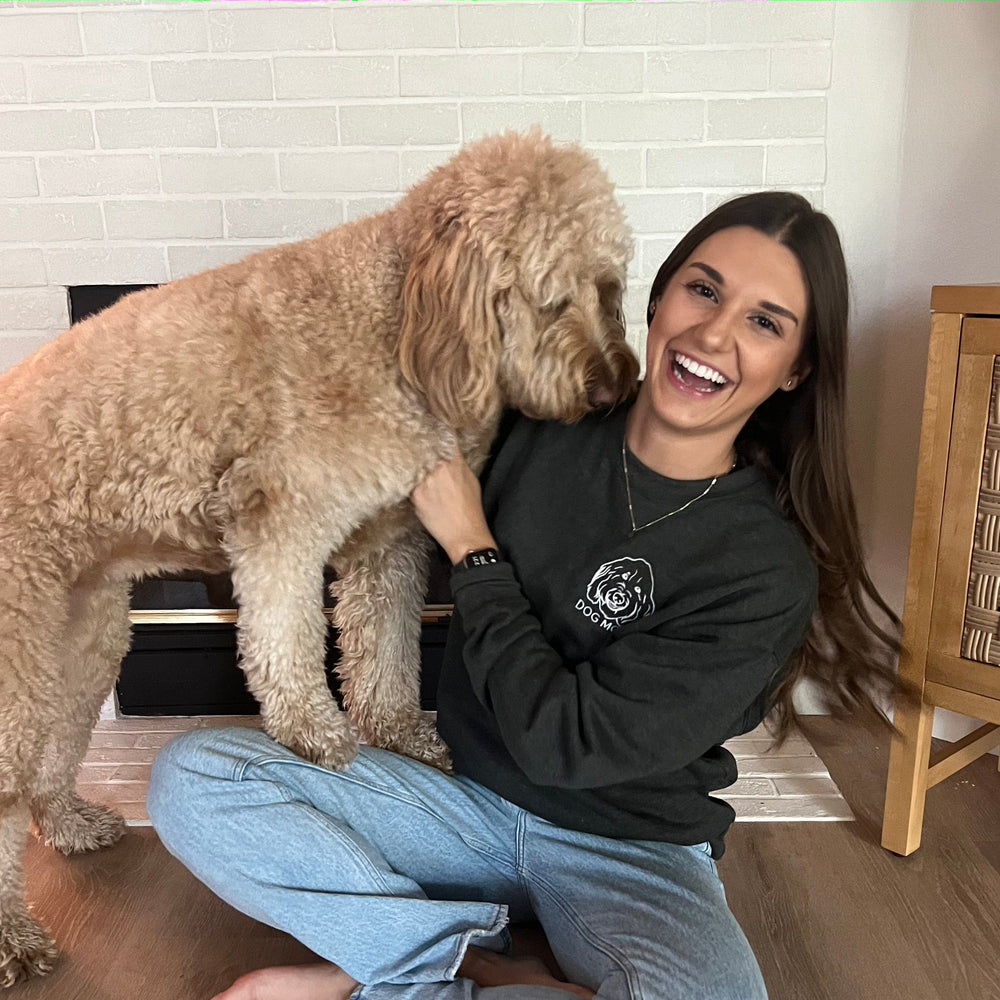
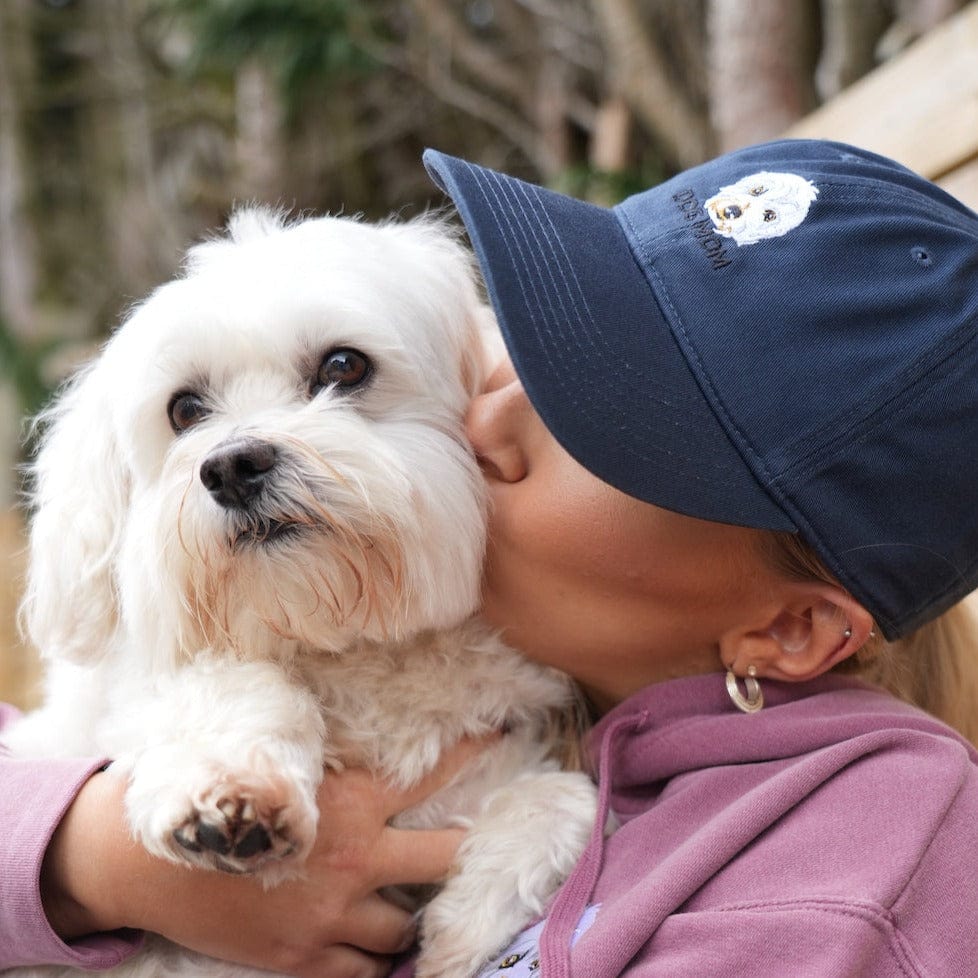




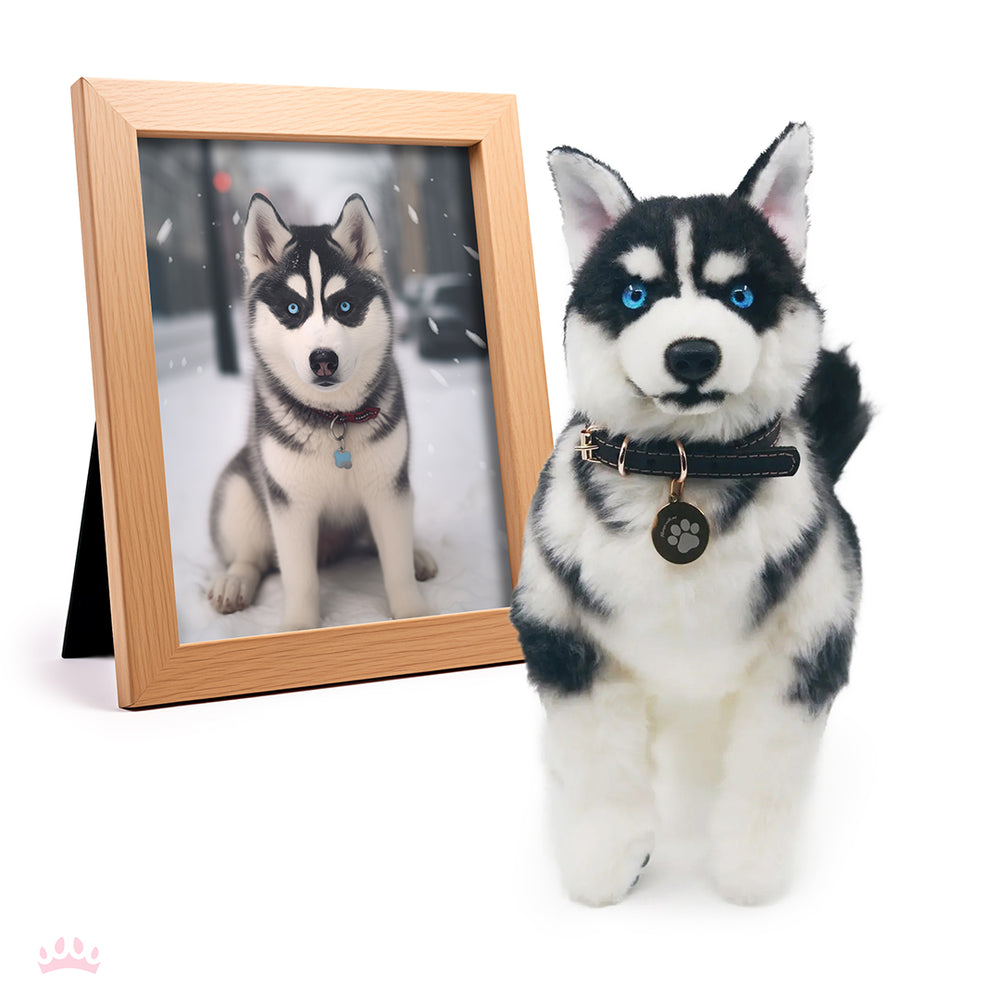
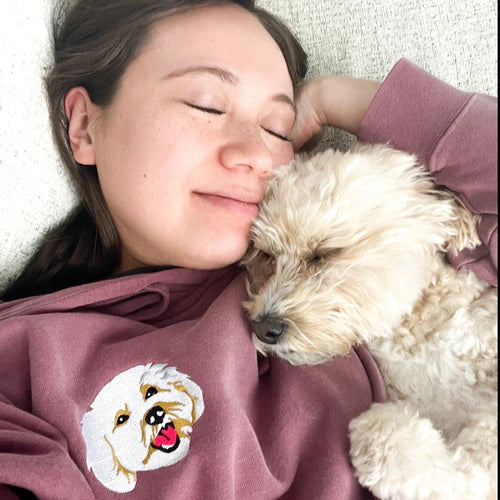








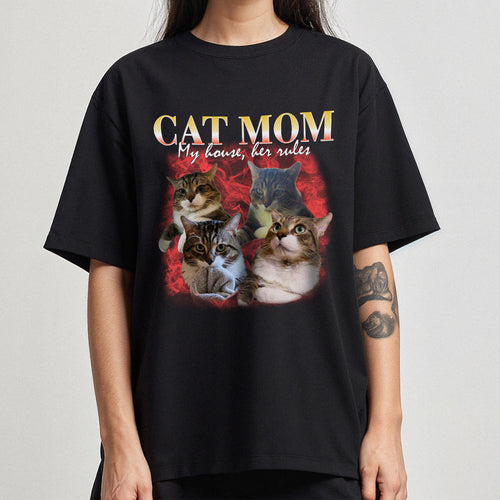



 Reviews
Reviews
 My Account
My Account
 Contact Us
Contact Us
 Help
Help


